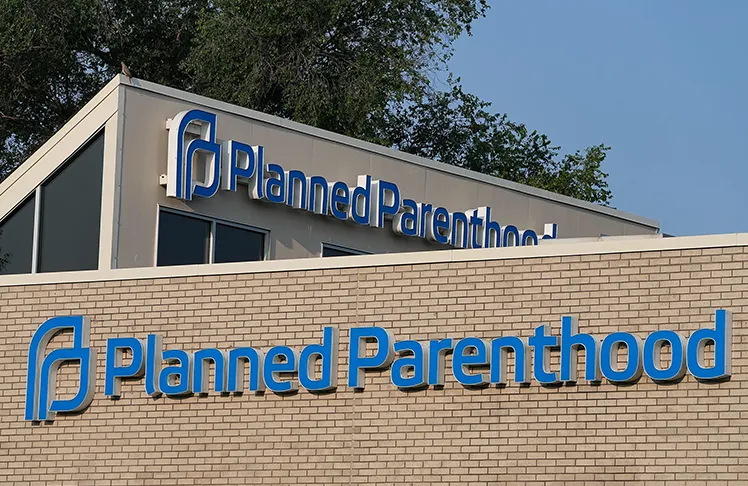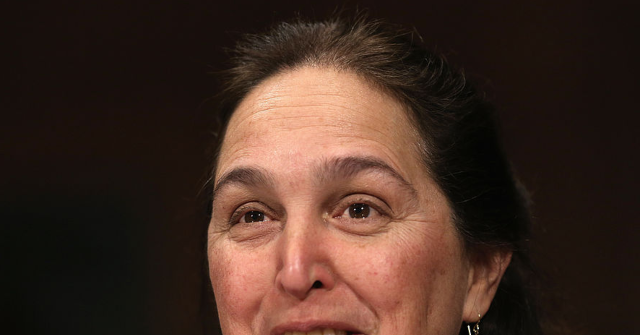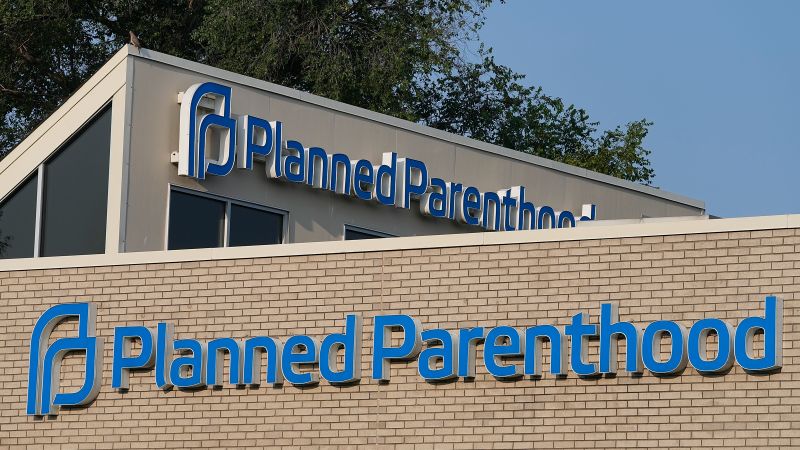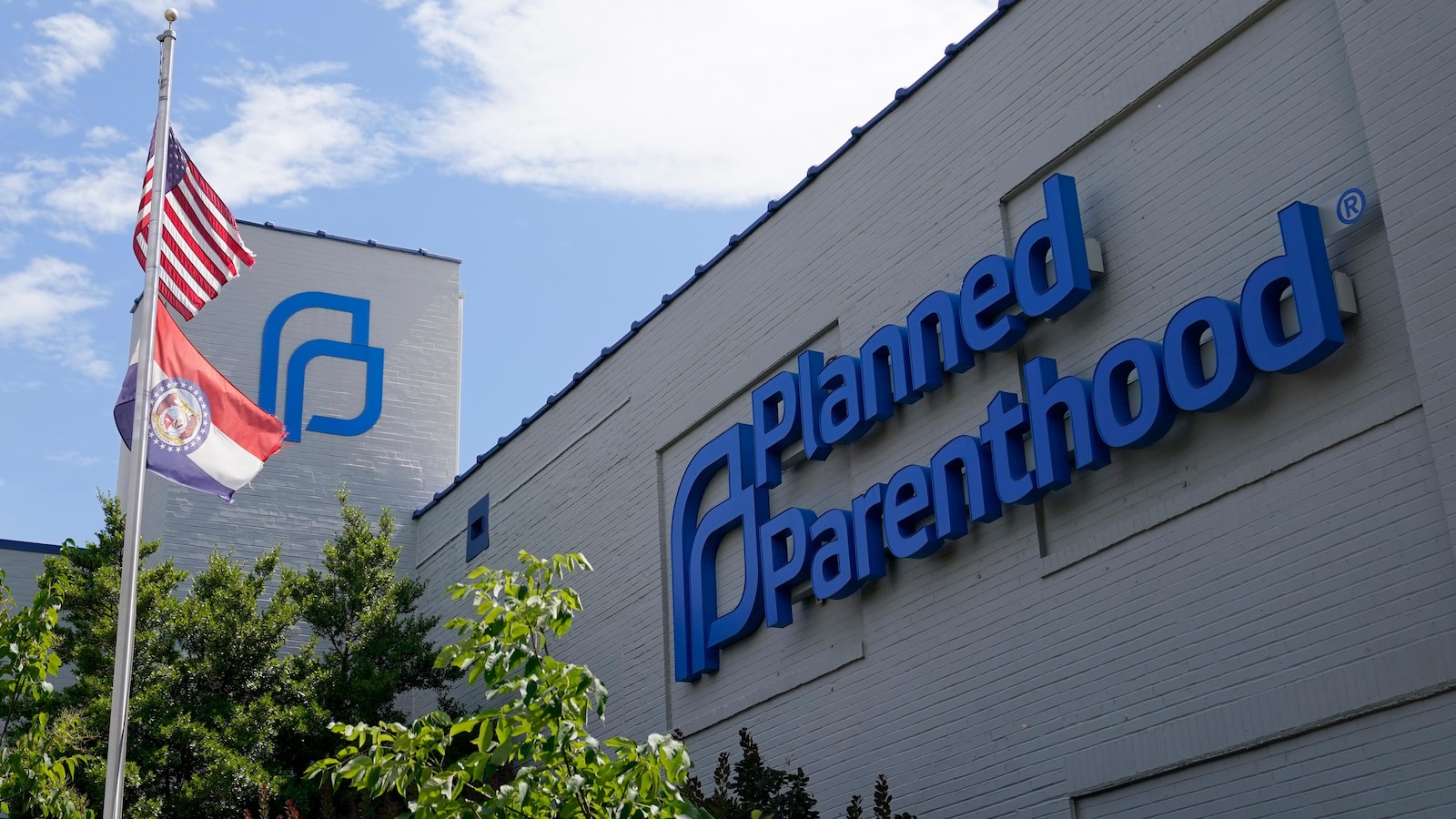In a landmark ruling, Planned Parenthood has achieved a crucial legal victory in its fight against the Trump administration's attempts to defund essential health services. A federal judge in Boston granted
Did You Know
The smell of freshly-cut grass is actually a plant distress call.
?
AD
an injunction that blocks the government's proposed cuts to Medicaid payments, which would significantly impact the organization’s ability to provide reproductive health care. This decision comes amidst heated debates over federal funding for health services, particularly those that involve abortion care, and the potential consequences these cuts could have on vulnerable populations depending on these services.
The judge's ruling serves as a powerful reaffirmation of the need to protect access to healthcare for low-income individuals, who often rely on organizations like Planned Parenthood for vital services. Planned Parenthood argued that the funding cuts were an unlawful punishment aimed at undermining its mission, and the court's decision recognizes the tangible harm these cuts could inflict on communities across the nation. The ruling not only offers immediate relief but also signals a growing resistance against legislative efforts that threaten crucial health programs.
The implications of this case extend well beyond the courtroom, as it reflects the broader societal struggle for reproductive rights in an increasingly polarized political landscape. As the legal battle unfolds, the high media interest indicates that public sentiment remains fiercely engaged with these issues. Planned Parenthood's victory is a significant stepping stone that bolsters the fight for accessible healthcare and reinforces the importance of safeguarding the rights of individuals seeking reproductive services in a tumultuous era.
Q&A (Auto-generated by AI)
What are the implications of this ruling?
The ruling blocking the Trump administration's funding cuts to Planned Parenthood has significant implications for women's health services. It ensures continued access to essential healthcare, including cancer screenings and reproductive health services, for millions of individuals relying on Medicaid. This decision may also set a precedent for future legal battles regarding funding and healthcare access, reinforcing the importance of judicial oversight in protecting public health rights.
How has Planned Parenthood's funding changed over time?
Planned Parenthood's funding has fluctuated significantly, particularly with changes in political leadership. Funding cuts have been proposed and enacted during Republican administrations, particularly under Trump, aimed at defunding organizations that provide abortion services. Despite these challenges, Planned Parenthood has often successfully fought back through legal channels, as seen in this recent case, maintaining crucial services for low-income populations.
What legal arguments did Planned Parenthood present?
Planned Parenthood argued that the Trump administration's funding cuts were unlawful and constituted an attempt to punish the organization for providing abortion services. They contended that such actions violated their rights and the rights of their patients to access comprehensive healthcare. The organization sought an injunction to prevent the enforcement of these cuts, emphasizing the harm it would cause to those dependent on Medicaid for healthcare.
What is the history of funding cuts to Planned Parenthood?
Funding cuts to Planned Parenthood date back several decades, intensifying during Republican administrations. Notably, in 2015, Congress attempted to defund the organization following controversial videos that misrepresented its practices. The Trump administration pursued aggressive defunding measures, linking funding to abortion services, which led to numerous legal battles. This ongoing struggle reflects broader societal debates over reproductive rights and healthcare access.
How do funding cuts affect health services provided?
Funding cuts to organizations like Planned Parenthood can severely limit access to vital health services, including cancer screenings, STI testing, and contraceptive services. These cuts disproportionately affect low-income individuals who rely on Medicaid for affordable care. Reduced funding can lead to clinic closures and decreased availability of services, resulting in poorer health outcomes for vulnerable populations.














